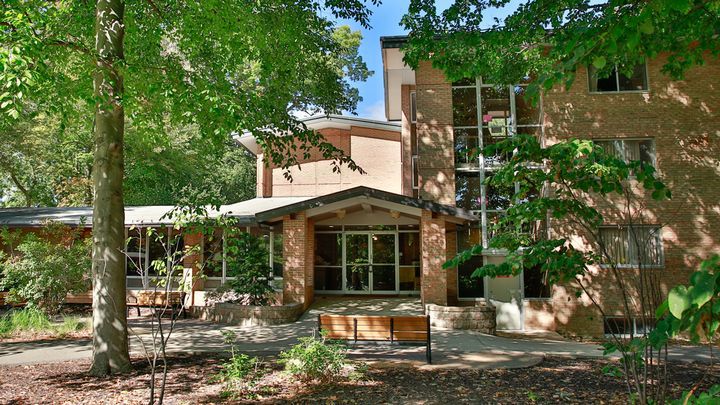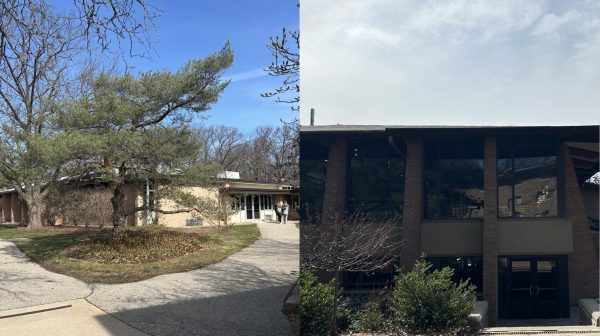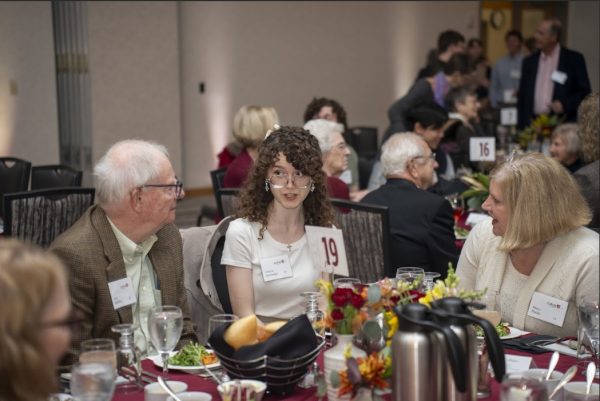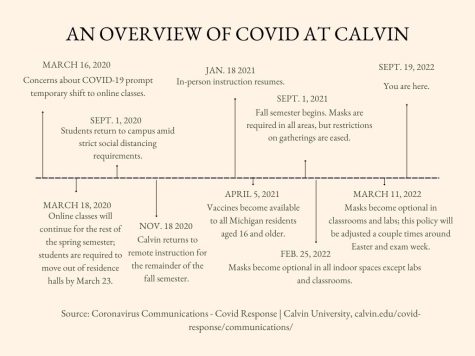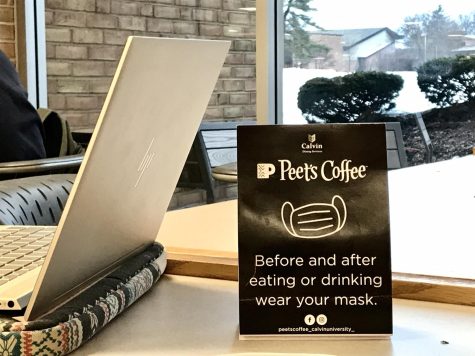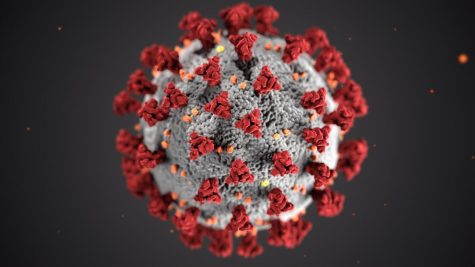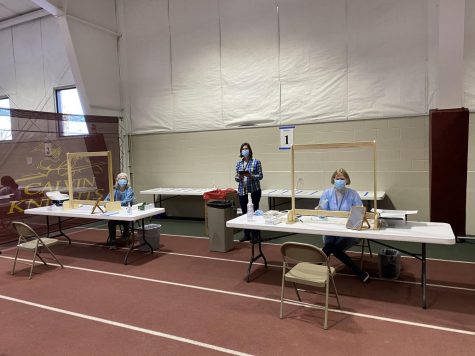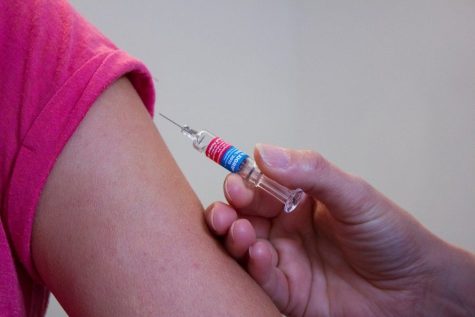Wastewater testing warns of COVID in residence halls
COVID was detected in Boer-Bennink wastewater this week.
Wastewater testing in on-campus residences provided forewarning of possible COVID cases in the Boer-Bennink community Saturday. The Knollcrest East apartments received a similar warning earlier this month.
The wastewater testing is part of a study by Grand Valley State University which Calvin has been participating in. According to a GVSU press release, the study is run by the Cell and Molecular Biology Department and the Annis Water Resources Institute and funded by a $3.3 million grant from the Michigan Department of Health and Human Services awarded to the Kent County Health Department for the purpose of testing wastewater over the next two years as a way of tracing COVID spread.The testing detects genetic traces of COVID and can even distinguish between variants.
According to junior Isabel Martin, an RA in Bennink, many students are likely to find out about the wastewater testing project for the first time when they are notified about a COVID detection. “Prior knowledge about wastewater testing does not appear to be widespread,” Martin said.
According to Martin, students who have heard of it are ambivalent about the study: “The general consensus I’ve received regarding wastewater testing is that it doesn’t hurt, though it is unfortunate that these measures are unable to narrow down the affected area (or individual) further.”
The goal of the study for Calvin is to provide early warning of cases in on-campus residences. The testing also allows residence life to flag possible outbreaks and react before they get out of control. In an email to residents of Boer-Bennink, Dean of Students John Witte described the detection of traces as a “potential early warning signal.”
“Tracing is not able to identify the floor affected, though it is able to detect the amount of virus discovered,” Martin told Chimes, “Residents were notified that the virus was detected at a “low level” in the dorm.
The virus load detected was low, according to Witte’s email. Restrictions for the residence halls have not changed, but Witte encouraged residents to “remember to wear your masks indoors in public spaces and generally use caution in contact with other people.”
“Knowledge that the virus has been detected will likely cause residents to exercise caution, resulting in greater amounts of social distancing and mask usage,” Martin said, “However, this report comes at a time where mask restrictions are being loosened in the residence halls due to the low numbers of reported cases on campus [overall].”



